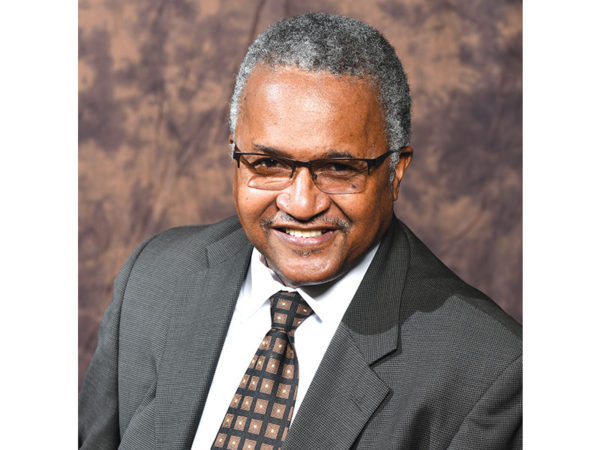The city should reconsider its ill-advised decision to amend the city charter without a public vote; to do otherwise borders on malfeasance.
The recent decision by the Monroe City Council to amend the city’s charter without submitting it to a vote of the people is a grave error, one that is not only unquestionably illegal but also borders on malfeasance.
On September 12, 2023, the City Council voted 4-1 in favor of an ordinance that significantly altered the roles and responsibilities of key city departments. This decision, while made with what seemed like good intentions, fundamentally violates the principles of the city’s charter, Louisiana State Constitution, and established legal precedents.
The heart of the issue lies in the fact that the duties and authorities of city departments are explicitly defined in the city’s charter. These vital roles cannot be altered or expanded by a simple majority vote of the City Council, as was attempted, with only Councilwoman Juanita Woods opposing the amendment.
This ordinance, which was prepared by the recently appointed city attorney, Brandon Creekbaum, was riddled with legal inaccuracies so glaring that even Steve Wonder and the Five Blind Boys could see.
Monroe operates under a Home Rule Charter that was adopted in 1979. This charter cannot be altered by the City Council; it can only be changed through a vote by the people. Both the Louisiana State Constitution and the city charter explicitly state that any changes to the city’s charter require the authorization of the voting public.
Additionally, multiple Attorney General opinions and a State Supreme Court ruling have affirmed that Home Rule Charters cannot be amended without the consent of the electorate.
It is essential to understand that the Mayor of Monroe has the authority to create an organizational chart for the city, including shifting departments or changing reporting structures, as long as these changes are approved by the City Council. However, the mayor cannot unilaterally alter the duties and authorities of departments because these responsibilities are clearly outlined in the charter.
The Monroe City Charter has only been amended twice since its adoption in 1979, and on both occasions, the changes were put to a vote of the people for ratification. This adherence to democratic principles ensures that any alterations to the charter are not made arbitrarily but with the consent of the community.
The charter, in section 7.04 c, explicitly states that charter changes must be submitted to the voters for ratification.
Likewise, the Louisiana Constitution’s Article 6 reinforces this requirement by stating that “a home rule charter shall be adopted, amended, or repealed when approved by a majority of the electors voting thereon at an election held for that purpose.”
Furthermore, Attorney General opinions 09-0115 and 09-0050 clearly conclude that Home Rule charter governments cannot enact ordinances inconsistent with the state constitution. Attorney General opinion 11-0053 cites the Louisiana Supreme Court ruling in City of Shreveport vs. Gregory, emphasizing that any amendments to a Home Rule charter can only become effective with the approval of the electorate.
The City Council’s ill-advised decision sets a dangerous precedent, opening the door for further alterations to the charter without the proper democratic safeguards in place. It could lead to arbitrary changes such as making the police chief an elective position or further restructuring city administration without the consent of the citizens. Such a scenario would render the city’s charter a meaningless document, subject to the whims of any mayor who can secure the support of three council members.
In light of these legal and constitutional principles, we strongly urge the city to reconsider its decision to amend the city charter without seeking the public’s vote.
To proceed otherwise would not only be a historic blunder but also a disservice to the principles of democracy that underpin our great city.
Anything less than a return to the democratic process that follows state and local law would indeed border on malfeasance.


